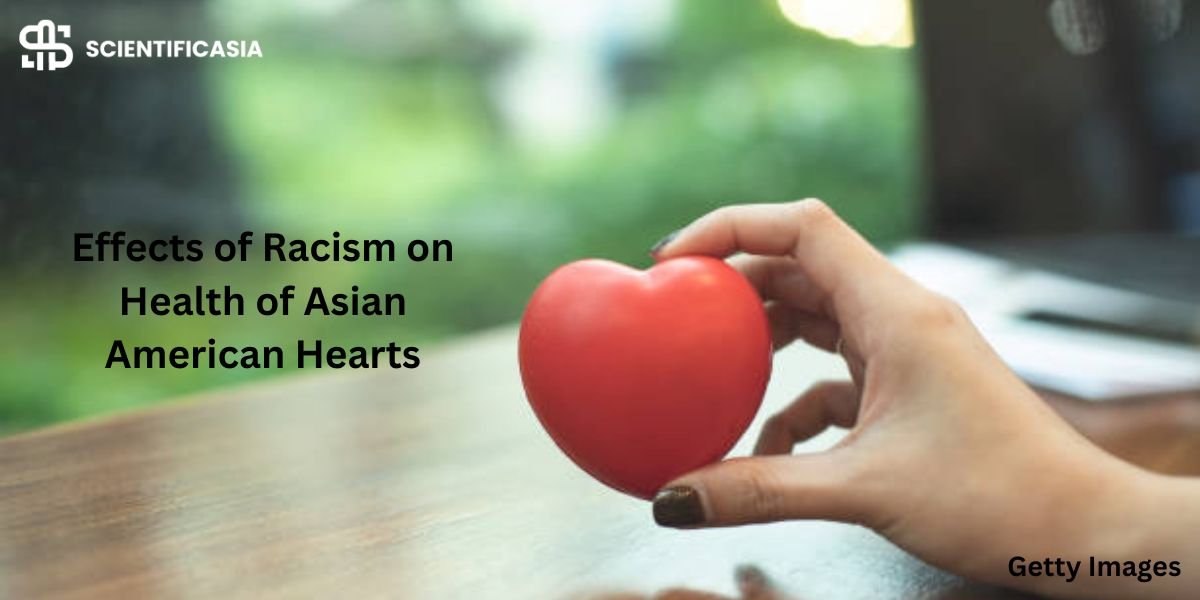Scientific Asia: The researchers point out that there can be significant variations in cardiovascular health among Asian American subgroups, but these variations can be obscured by the way statistics are presented.
According to a statement written by a team of doctors and researchers and published in the American Heart Association journal Circulation, immigration status, structural racism, and other societal variables may contribute to differences in cardiovascular health among Asian Americans.
According to the Department of Health and Human Services Office of Minority Health, Asian Americans are less likely than White people to have heart disease or to pass away from it.
However, researchers stress that there can be significant variations in cardiovascular health among Asian American subgroups in the Circulation study. They caution against masking significant differences in cardiovascular health by lumping these subgroups together under a single “Asian” category.
Asian Americans are the fastest-growing racial group in the US, with their number increasing by 81% between 2000 and 2019, according to a 2021 Pew Research Center analysis of official census data. However, a variety of subgroups are included in the phrase, such as Chinese, Indian, Filipino, Vietnamese, Korean, and Japanese Americans.
The AHA researchers note that Asian Americans are frequently underrepresented in health research or taken into consideration with other different communities, such as Native Hawaiians and Pacific Islanders.
Researchers argue that this could conceal variations among Asian Americans. They point to differences in Type 2 diabetes rates, for instance. According to a 2019 study they quote, the prevalence of Type 2 diabetes was 23.3% among South Asians, compared to barely 14% among East Asians and 19.1% overall among non-Hispanic Asians.
The researchers also stress that systemic racism, low English language competency, and socioeconomic circumstances may have a special impact on Asian Americans’ cardiovascular health.
More research is needed to determine how and why these factors affect cardiovascular health and health behaviors. They identify factors like “the experience of racism and discrimination, the unique patterns of and reason for immigration, and ethnicity-specific cultural norms and acculturation process” as likely contributors to cardiovascular health behaviors among the broader group.
“These social determinants of health are likely related to one another, and the combined effect of these structural and social risk factors leads to suboptimal cardiovascular health in Asian Americans,” stated a news release by Nilay S. Shah, chair of the statement-writing group and assistant professor of cardiology and preventive medicine at Northwestern University’s Feinberg School of Medicine in Chicago.
“Understanding these obstacles and addressing them with practical preventative techniques is imperative to enhance their long-term cardiovascular health.”















